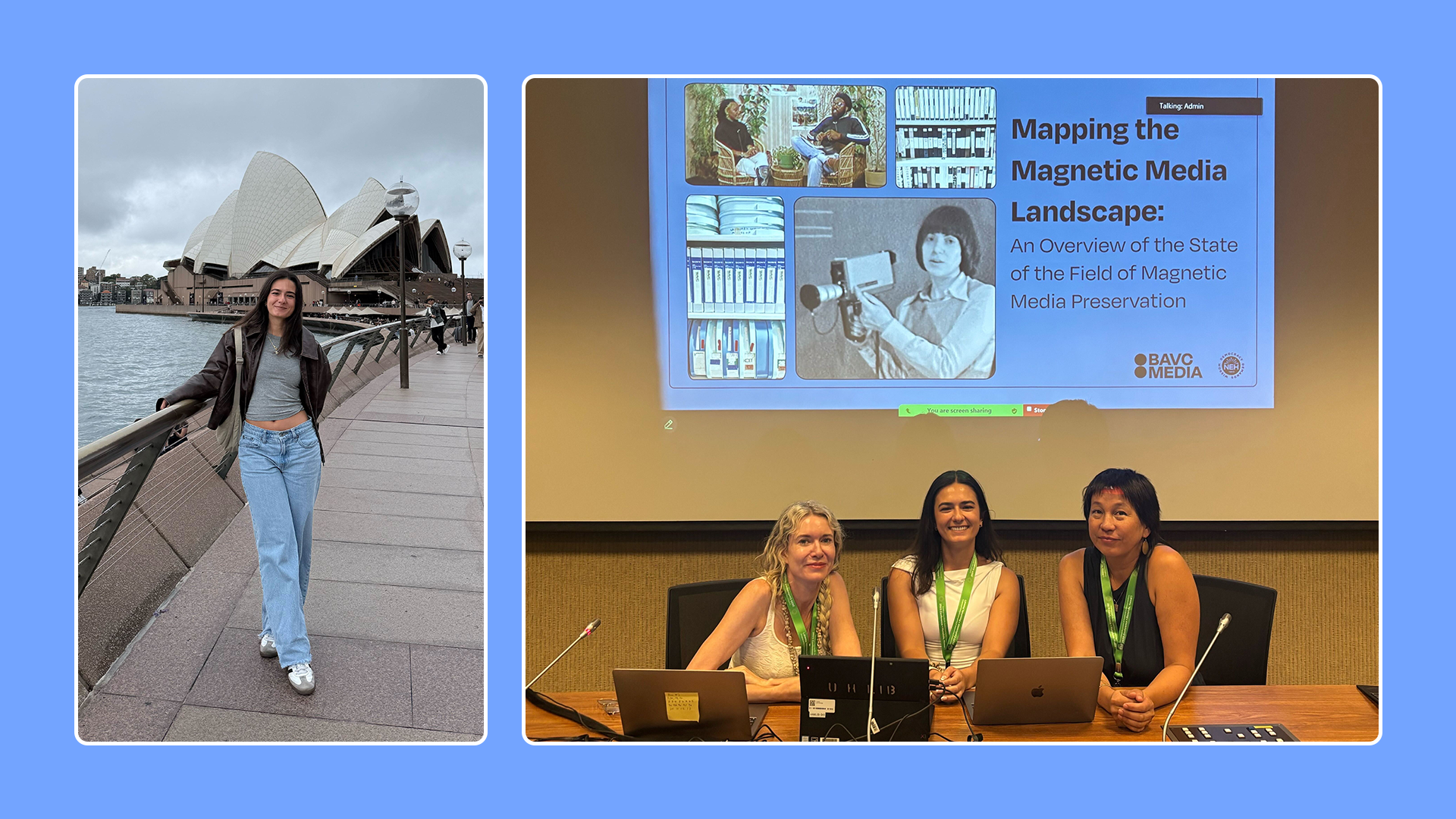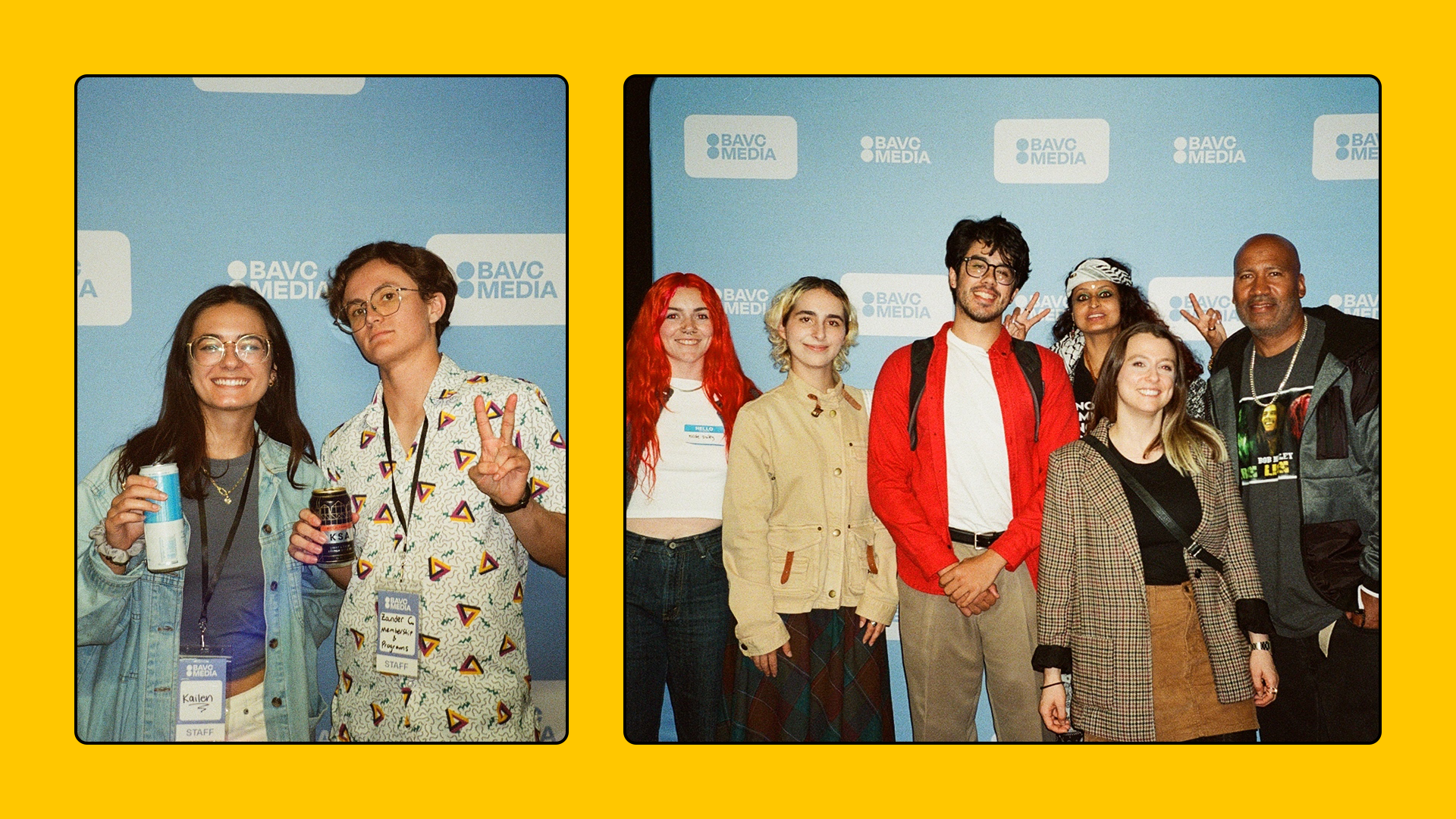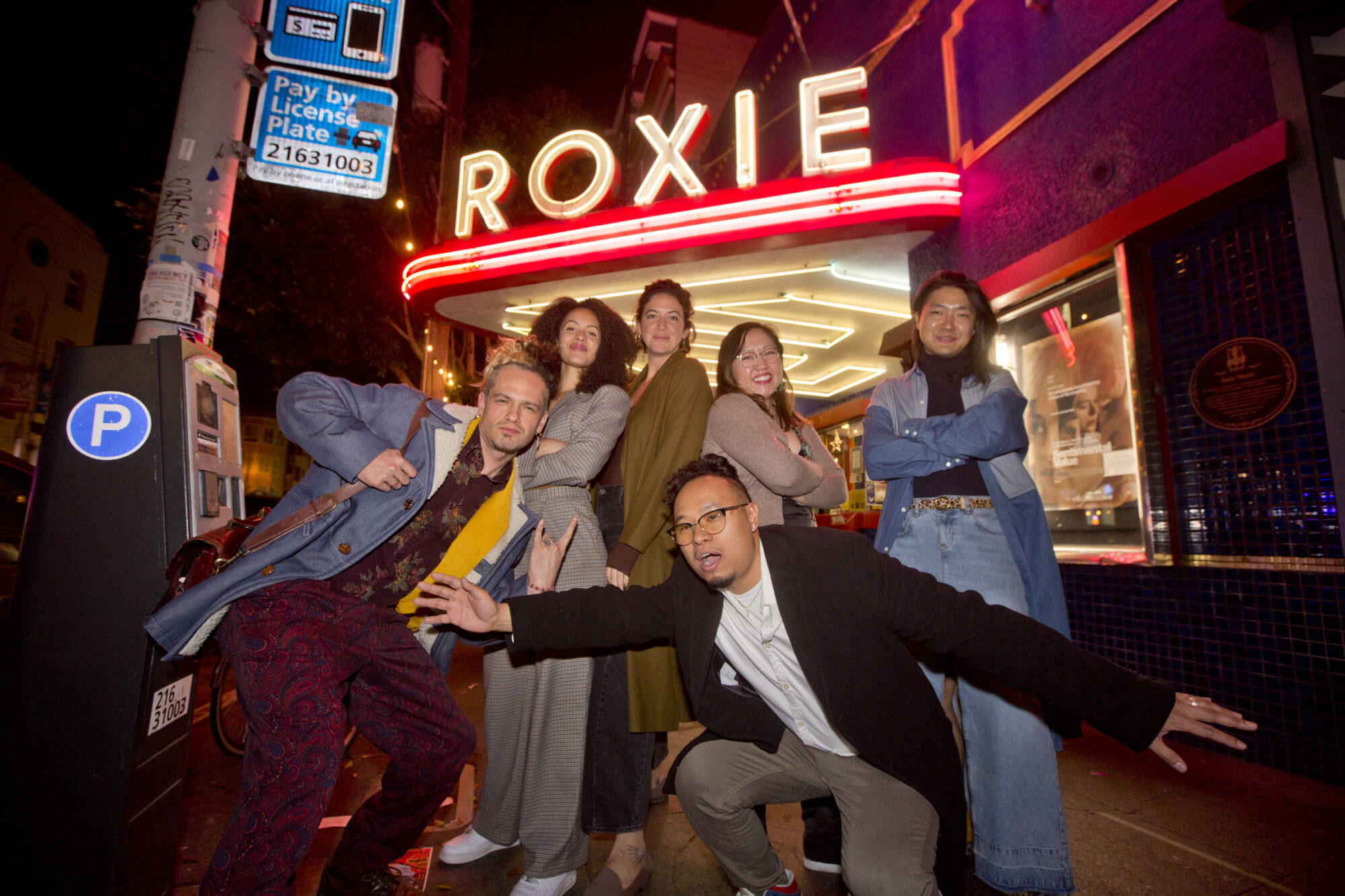Why our Job Search Success Team works

I wake up early in the morning to run. I put my sneakers by the bed so if I happen to forget it’s a running day, I trip over the shoes when I get up.
For a long time I ran past a man sitting on a bench downtown, waiting for his shift to start at the local market. He’d always give me a wave and a happy “Hello.” I could make him out from blocks away and started to look forward to seeing him. Over the months and years, whenever I had an urge to skip the run, I’d think about the man on the bench and wonder if he’d miss me, or if he’d worry about what happened to this stranger he started his day with. But the truth is I relied on him, sitting there, holding me to account.
This need to be there for others is a motivator. It moves us beyond procrastination or—worse—doing nothing at all, and it’s at the heart of our TechSF Job Search Success Team. The team meets for an hour and a half every other week to talk about each member’s job search. We start with a temperature check (“How are you doing?”) then everyone takes turns reporting on progress they’ve made toward meeting their goals. We wrap up by committing to actions for the next two weeks.
Sometimes people report that nothing happened or that they’ve had a discouraging two weeks. Sometimes people report that amazing things happened: they’ve made new connections, cleared a hurdle on a project or received multiple job offers. Either way, people leave the meeting feeling good. They laugh, they worry, they brainstorm answers to tricky interview questions, they nudge each other when they’re stuck to keep moving forward.
All these things are good in a job search because job searches are hard work and sometimes they really suck. When you’re in one, it’s hard not to feel terribly isolated. You need a posse.
And the proof that team support works is in the results. Having met only six times as of writing this, three of our group’s original six members are working full-time. Perhaps just as important, members are creating a sense of community. Here’s what they say about their experience:
- “The support group is a ‘lift me up’ and I leave the meetings feeling that I can do anything.”
- “The JSST (Job Search Success Team) has been an invaluable resource for helping me stay focused and accountable. The support and feedback that has been given and received in the group has been a benefit to us all.”
- “For me, the key has been the built-in accountability of meeting with fellow job- and gig-seekers every two weeks—but the group members have gone beyond the basics, encouraging each other and offering insights on each other’s goals and obstacles.”
- “When I set goals and have people hold me accountable it increases my self-worth…the group makes me feel like I’m a part of something special and it lets me know I’m not alone in my career search…”
- “The support from everyone on the team has been wonderful and helps keep me motivated…”
Of course, not all teams work like this and group dynamics can be a tricky thing to navigate. Companies spend tons of resources to figure out what conditions make successful teams and the data isn’t always consistent. Based on what I’ve observed, I think our Job Search Support Team works for four reasons:
- It’s diverse. Our initial cohort of six was evenly split between women and men with a variety of backgrounds, and as many different job goals, life experiences and worldviews. A recent New York Times Magazine article cited a study conducted by psychologists from Carnegie Mellon, MIT and Union College. They discovered that teams click when members create a high “average social sensitivity”—or empathy. And we know that diversity makes us more empathic. Which builds good teams. It’s a little circle of goodness.
- There are norms for how members treat each other. Every member signed a contract committing to being open, respectful and present. Even if someone can’t make the meeting, they report on their progress through another member. That same New York Times Magazine article also mentioned “equality in distribution of conversational turn-taking” as key to a team’s success. Sometimes people talk over each other, or interrupt or cross talk. And yet everyone still leaves feeling represented.
- Commitments to act are public. In addition to ensuring everyone gets heard, the group also shares an actively updated document so they can see each other’s goals at any time. Since everyone reports on status at the meeting, some members cram to get things done minutes before we start. Whatever works.
- Fear is great motivator. If you’re afraid to let yourself down—or more probably—if you’re afraid to let others down, you are more likely to show up. There is nothing like people counting on you to light a fire under your feet.
Of course, I have clients who don’t want to join a group. It’s not their thing and that’s okay. These clients want one person to be accountable to and that’s why we talk all the time. The point is, goals are not meant to be kept secret. People have a better shot at reaching them with a community of support, even if it’s a community of two.
The man on my run changed his shift at the market so the bench is now empty at 6 am. I admit that I have had a harder time getting up to run. A few weeks ago I saw him at the market. He asked how I was doing and said he missed seeing me. I told him I missed him too.





